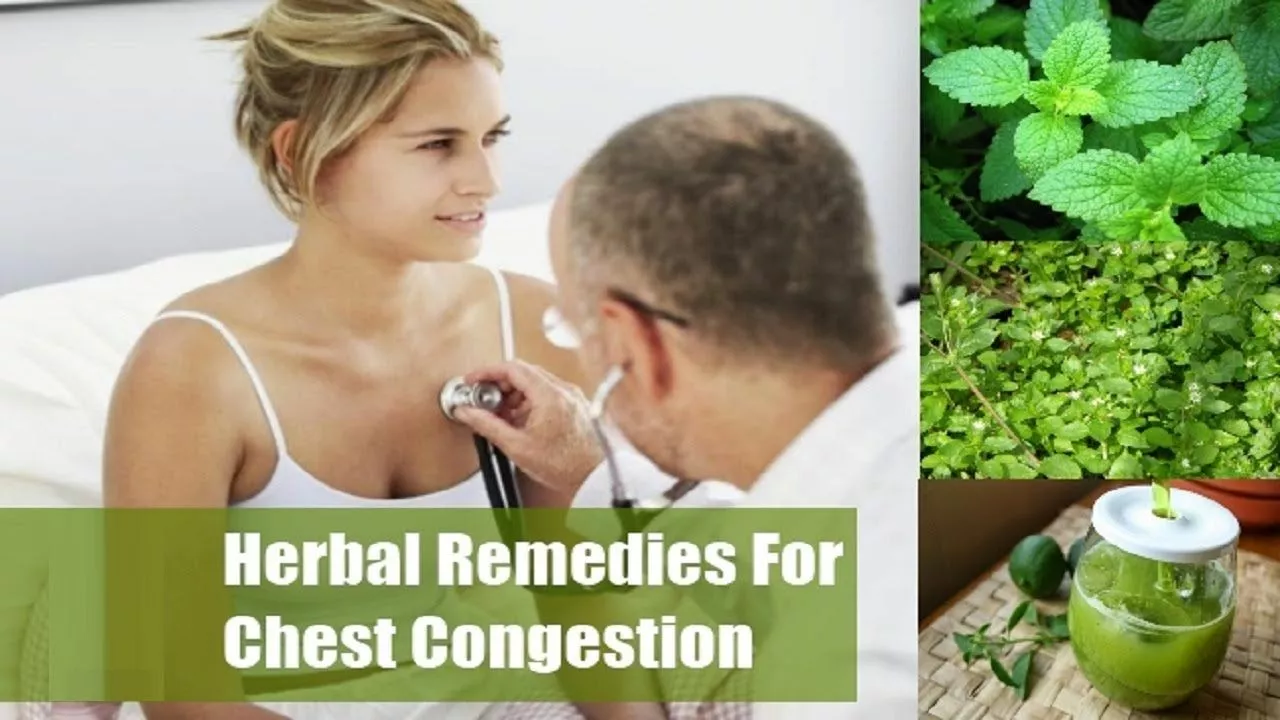Chest Congestion: Causes, Fast Relief and When to Get Help
Chest congestion can feel like your lungs are full of cotton. It’s noisy, annoying, and often comes with a cough and thick mucus. Most cases are mild and get better at home, but some need medicines or a doctor. This guide helps you cut through the noise: what causes chest congestion, fast relief you can try now, and clear red flags that mean see a clinician.
Common causes include viral colds, flu, bronchitis, asthma, COPD flare-ups, and post-nasal drip from sinus problems. Mucus is the body’s way of trapping germs and irritants, but when it sticks and won’t move you get that heavy, clogged feeling. Reflux and smoking also make mucus thicker and breathing harder.
Start with simple things that work.
Stay hydrated — thin mucus moves more easily. Use warm steam from a shower or a bowl of hot water and cover your head with a towel for a few minutes. A humidifier at night keeps air moist and helps sleep. Try active coughing: sit up, inhale deeply, hold for two seconds, then cough hard — it often shifts mucus to the mouth where you can spit it out. Over-the-counter expectorants like guaifenesin can loosen mucus; follow the label and drink extra water.
When over-the-counter options aren’t enough, know your inhaler basics. Short-acting bronchodilators (rescue inhalers) open airways quickly for wheeze and tightness. Long-acting inhalers help prevent symptoms but won’t stop a sudden attack. If you use inhalers, follow your doctor’s instructions and keep a rescue inhaler within reach. Our article on short-acting vs long-acting bronchodilators breaks this down with real-use tips.
Nasal sprays like Rhinocort help upper airway congestion and reduce post-nasal drip that often makes chest mucus worse. Use steroid nasal sprays as directed; they take days to reach full effect but can prevent ongoing drip and cough.
Watch for red flags.
See a doctor if you have high fever, persistent or worsening shortness of breath, chest pain, coughing up blood, or symptoms lasting more than two weeks. If you have chronic lung disease, don’t delay — flare-ups can get serious fast.
Thinking of buying meds online? Shop smart. Use reputable pharmacies, check reviews, and verify prescriptions when required. Our candrugstore guide explains safe online pharmacy shopping and how to avoid counterfeit products.
Natural supplements like honey (for adults and children over one year) can soothe coughs. Some herbal expectorants are popular, but talk to your provider before trying them, especially if you take other meds.
If chest congestion keeps returning, get evaluated for asthma, COPD, GERD, or chronic sinus disease. Treating the root cause prevents repeat flare-ups and keeps you breathing easier.
Antibiotics don't help viral chest congestion. Your doctor may prescribe antibiotics if tests show a bacterial infection or if symptoms worsen after a week. Prescription mucolytics and short courses of oral steroids sometimes help people with COPD or severe bronchitis — only under medical advice. Keep a symptom diary: note cough, sputum color, temperature, and triggers. That record speeds diagnosis and better treatment. Fast.
- Colin Hurd
- Jul, 6 2023
- 16 Comments
The Benefits of Herbal Teas for Chest Congestion
In my latest blog, I've explored the remarkable benefits of herbal teas in alleviating chest congestion. I found that natural herbs like ginger, peppermint, and eucalyptus found in these teas can help loosen mucus and soothe sore throats. Additionally, I've learned that herbal teas can provide a natural and side-effect free solution and enhance the body's immune response. I was really impressed by the immediate relief they offer, especially when coupled with other treatments. It's a must-read for anyone dealing with this common winter ailment.

